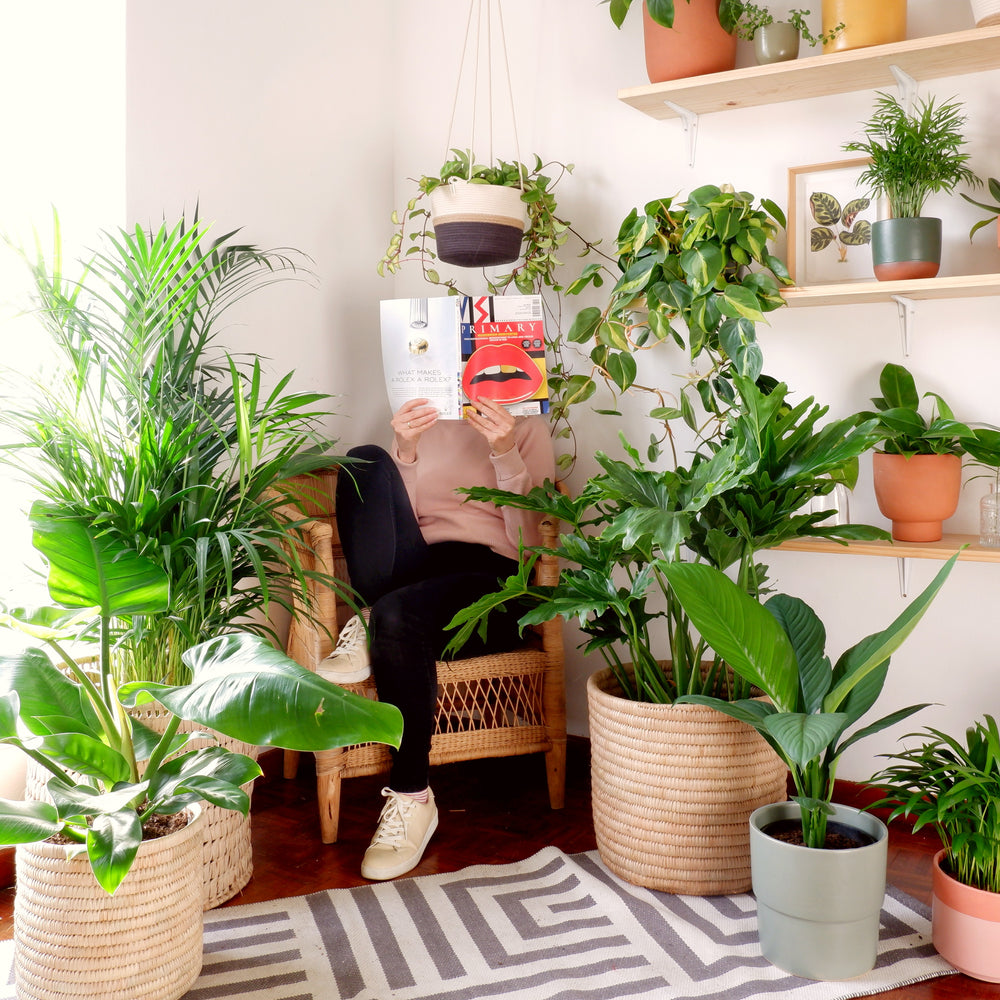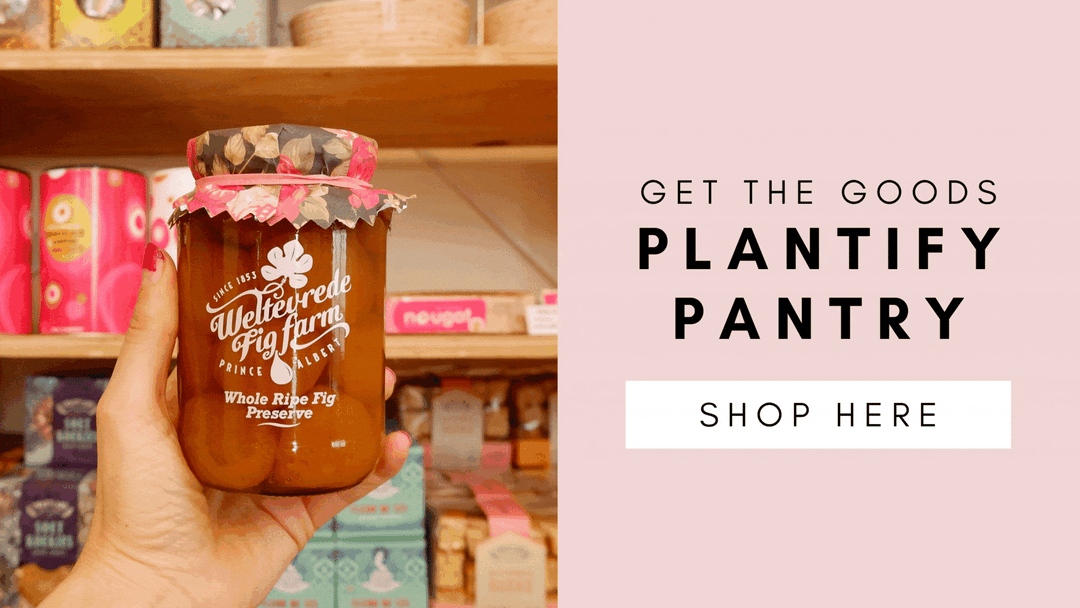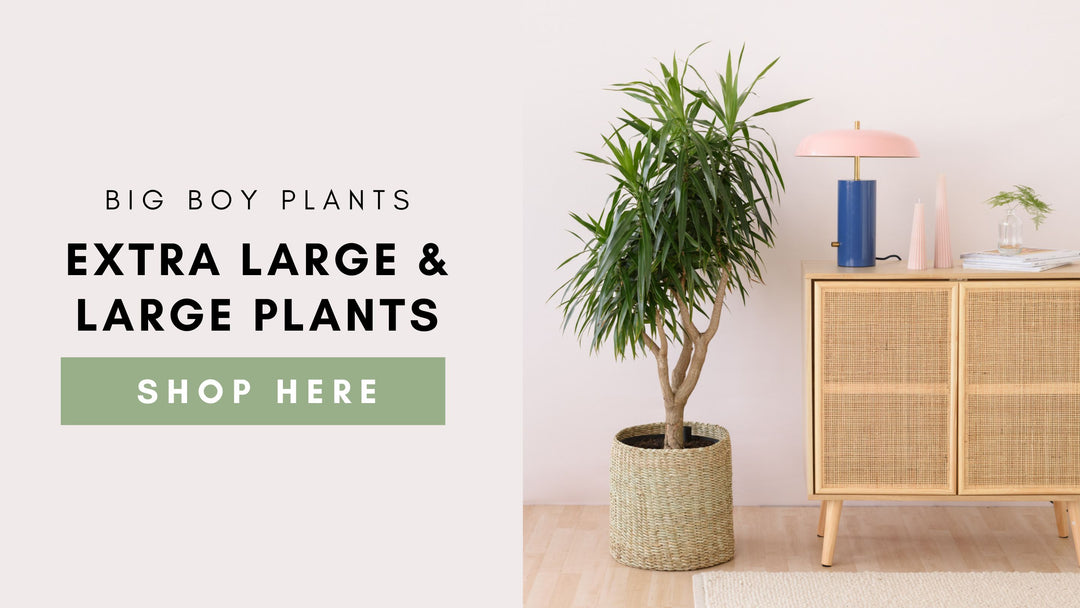Plant Pest - Scale
Common Name: Scale Bug or Scale Insect
Scientific Name: Coccoidea
Scale are extremely destructive Pests both in the home environment and outdoors. They’re easily identifiable by their hard tan to brown armoured shells that keep them protected, however there are soft forms of Scale such as the Mealybug and Giant Scale.
As with all Plant Pests, the Scale is a sap sucking critter, that is often farmed by Ants for their Honeydew. Scale in particular, produce large amounts of Honeydew that can encourage the growth of Black Sooty Mould, which is a form of Fungus that can prevent your plant from Photosynthesizing. This leads to yellowing foliage, leaf drop and eventual demise if your plant is not treated.
It is important to check your Plants regularly for any Pests and to keep Ant populations down to prevent the spread of Scale. Spreading of Scale is most prolific in Spring when young, also known as Crawlers are produced.
Scale Pest Identification
- Small flat oval shaped insect with a brown or tan hard shell-like covering.
- Usually found along stems, leaf joints and sometimes on underside of leaves.
- Look like small brown bumps that come off when picked at.
- Signs of sticky honeydew and black mould on leaves.
How do Scale spread?
- Scale moves from plant to plant in their Crawler stage which is most often during Spring.
- They will find a host plant and settle in to create their hard shell and repeat the process.
- Ants are also known to transport Scale from one Plant to another.
Conditions the enhance or hinder the proliferation of Scale?
Enhance:- Scale proliferate in warm dry conditions, such as the average home environment.
- Humidity over 60%.
- Cool conditions under 20°C.

Scale Pest Treatment Plans
Small manageable infestations
- Quarantine your infected plant.
- Remove any Scale by using a soft scouring dish sponge and a few drops liquid soap to scrape them off or dab with a rubbing alcohol (eg: Surgical Spirits).
- Spray plant after removal with an organic pesticide such as Pyrol.
For tips on homemade pesticides check out: 8 Homemade Pesticide Sprays for indoor plants.
Large infestations
- Quarantine your infected plant.
- Remove any highly infested foliage and stems.
- Manually remove any remaining scale by means of scraping off or dabbing with rubbing alcohol.
- Spray with an organic pesticide such as Bioneem or Pyrol.
- Treat every 7 - 10 days until infestation has disappeared.
- Wipe off any dead Scale, they often do not drop off after dying, making your Plant still look infested.
Scale Preventative Measures
- Inspect your plants regularly and treat infestations immediately.
- Keep your plants in their optimal growing conditions. For more detailed care for your plant, checkout our Plant Care Tab.
- Quarantine new purchases for a month to avoid introducing pests to your collection.
- Wipe down your foliage and stems often with a Neem Oil based pesticide.
- Keep Ant populations under control indoors as these will farm scale for their honeydew.
- Keep humidity levels higher than average.
- If you've noticed a few Scale on your Plants, place a piece of sticky tape on your plant stems, with the sticky side facing up, this can help trap Crawlers.
Wild Card
- Scale are often farmed by ants for their honeydew. So keeping ant populations down could prevent scale moving from one plant to another.
For more on Plant Care Troubleshooting, Checkout our 2-Step Plant Health Guide.




